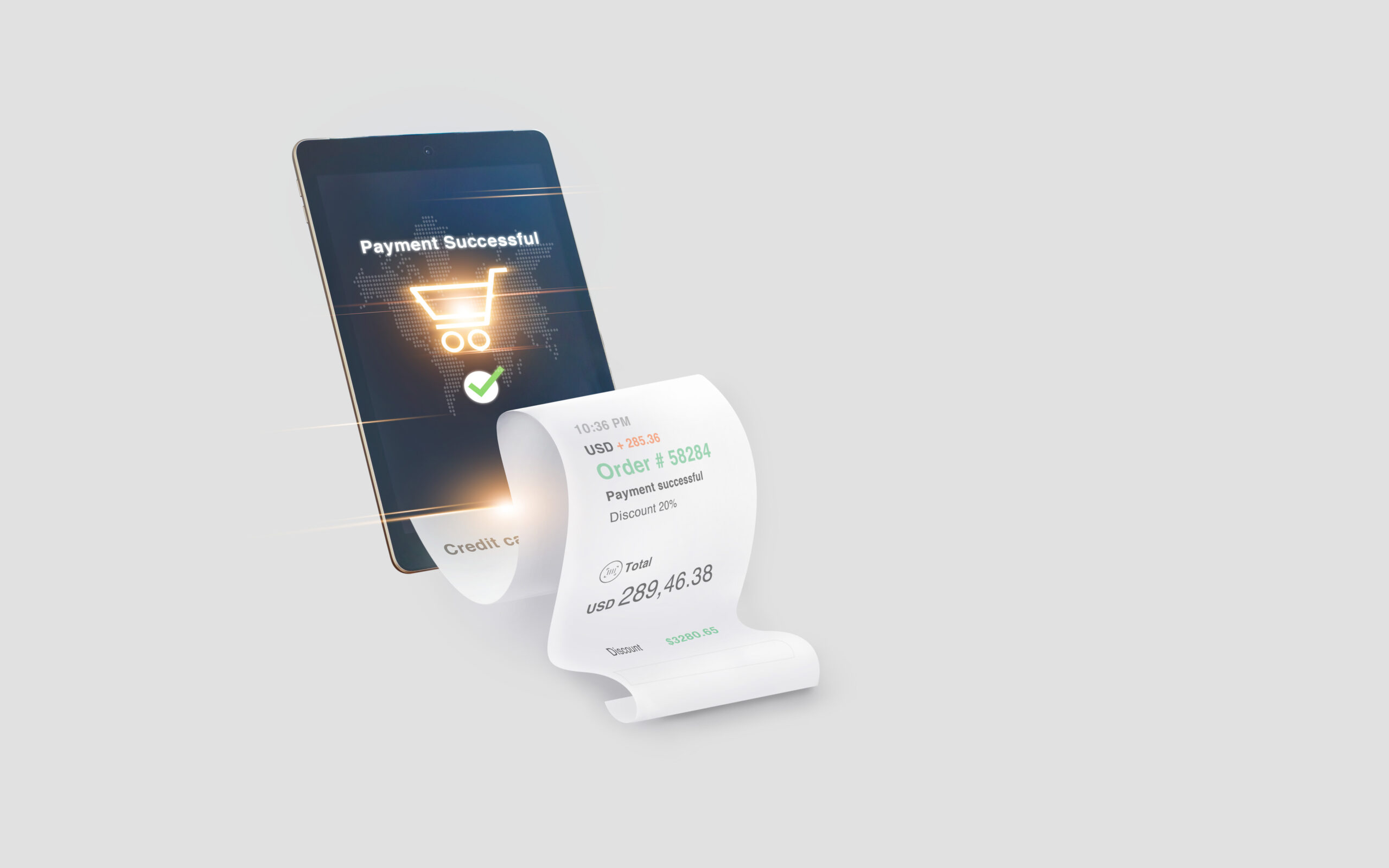The financial landscape is undergoing a significant transformation, with digital wallets at the forefront of this change. As technology continues to evolve, so does the way we manage and transact money, leading to a surge in the adoption of digital wallets. This article explores the rise of digital wallets, their benefits, challenges, and the future of payments.
The Evolution of Digital Wallets
What is a Digital Wallet?
A digital wallet, also known as an e-wallet, is a software-based system that securely stores users’ payment information and passwords for numerous payment methods and websites. By using a digital wallet, individuals can complete purchases easily and quickly with near-field communications (NFC) technology or through online transactions.
Growth and Adoption
The adoption of digital wallets has skyrocketed in recent years, driven by the convenience, speed, and security they offer. According to a recent New York Times article, “The Youths Have Spoken: Wallets Are Uncool. Go Digital,” a significant number of younger consumers view traditional wallets as outdated, preferring the sleekness and functionality of digital alternatives. The article highlights that around 80% of Gen Z are using mobile wallets, indicating a substantial shift towards digital payment methods.
Benefits of Digital Wallets
Convenience and Efficiency
Digital wallets streamline the transaction process, allowing users to make payments with just a few taps on their smartphones. They eliminate the need to carry physical wallets, reducing clutter and the risk of losing important cards or cash.
Enhanced Security
Digital wallets offer advanced security features such as encryption, two-factor authentication, and biometric scans, which can significantly reduce the risk of fraud and theft. These features make digital wallets a safer option compared to traditional payment methods.
Global Acceptance
With the increasing global acceptance of digital wallets, consumers can make transactions anywhere, anytime. This has been particularly advantageous for international travelers, who can avoid the hassles of currency exchange and carrying large amounts of cash.
Challenges and Considerations
Despite their growing popularity, digital wallets face challenges that need addressing to achieve widespread adoption.
Technological and Infrastructure Limitations
In some regions, the lack of necessary technological infrastructure can hinder the adoption of digital wallets. Additionally, older generations may be reluctant to transition from physical to digital wallets due to unfamiliarity with the technology.
Security Concerns
While digital wallets are generally secure, they are not immune to cyber threats. Users must be vigilant about protecting their devices and personal information from hacking and phishing attacks.
Market Fragmentation
With numerous digital wallet providers in the market, there is a lack of standardization, leading to fragmentation. This can cause confusion among consumers and merchants about which systems are accepted, potentially slowing down adoption rates.
The Future of Digital Wallets
As technology advances, digital wallets are expected to become even more integrated into our daily lives. They are likely to encompass a wider range of functionalities, including identity verification, ticketing, and access control, becoming an all-encompassing digital identity and payment tool.
Integration with Emerging Technologies
The integration of digital wallets with emerging technologies like blockchain and cryptocurrencies could further enhance their security and utility, opening up new possibilities for decentralized and peer-to-peer transactions.
Government and Regulatory Support
For digital wallets to reach their full potential, supportive government policies and regulations are essential. This includes the development of legal frameworks that recognize digital IDs and e-documents, facilitating a seamless and secure digital experience.
Conclusion
The rise of digital wallets represents a significant shift in the way we think about and handle money. While challenges remain, the potential benefits of convenience, security, and global acceptance make them an increasingly popular choice for consumers and businesses alike. As the digital wallet ecosystem continues to evolve, it will play a crucial role in shaping the future of financial transactions and digital identity.


